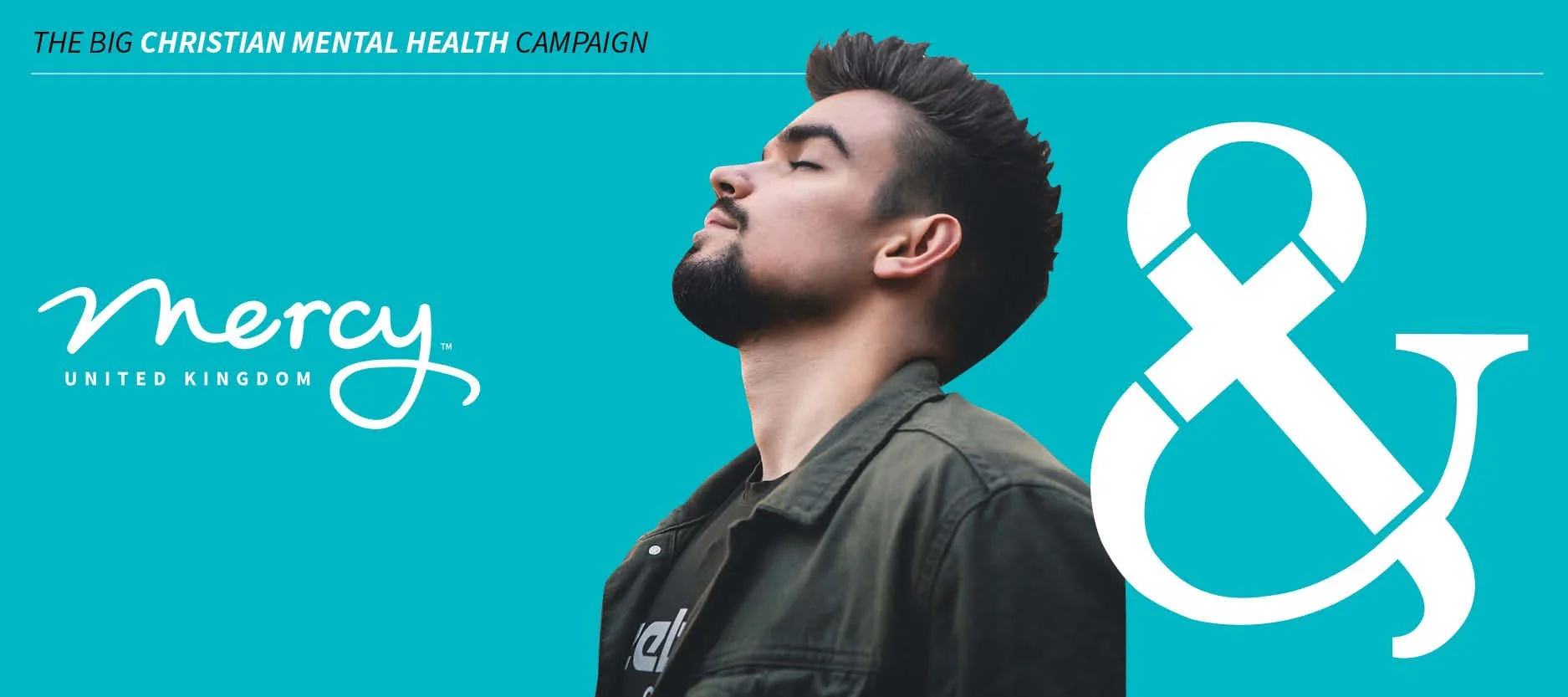When emotional and mental health problems become serious enough to require professional treatment, churches used to be advised to stand back and ‘leave it to the professionals’. However, particularly with NHS services under such pressure, we now know that people receiving treatment need and benefit from the additional support that the wider church family can offer.
So what can/should churches do? Here are five top tips for getting involved:
1. Consider the impact rather than trying to understand the complexities
If you break your leg, get diagnosed with cancer, or have an operation, the church generally understands, and responds with a variety of support: cooking meals, doing shopping, visiting regularly and offering prayer and sympathy. Those who suffer from mental illness don’t get the same response, perhaps because people do not understand the illness as well and may fear doing the wrong thing. However, no matter how complex the illness, the impact on sufferers and their immediate family and friends is usually obvious.
Aim to focus on the impact of mental illness in terms of impact on the individual and their family/friends, rather than getting bogged down trying to understand the complexities of the illness itself. For example, if someone is admitted to a psychiatric ward then, like any other ward, it is often bereft of the simple niceties of life, such as grapes, up-to-date magazines of interest and quality food. Patients, too, will benefit from the same things as those who are physically unwell. If someone you know is admitted, why not pop in at the agreed visiting times, bring something nice and spend some time with them. Maybe take them out for a short walk, if safe to do so.
If someone is feeling depressed and anxious and living at home, think about what might ease a bit of pressure and/or bring a little pleasure. If they have children, then offer to babysit; if they have a spouse, offer to spend some time supporting them. Get to know what their hobbies are and what used to bring them joy and arrange an opportunity to do that with them.
If you cannot visit or really don’t know what to say, remember that little texts – to let them know you care and that you’re thinking of them and praying – can be worth a lot. Remember that in order to support, you do not have to make everything better, or somehow become an expert clinician to cure them. You do not have to produce a miraculous healing or find a route to breakthrough. You simply have to be there.
2. Journey instead of judging
Where physical illnesses are concerned we often have little or no idea how they developed, what caused them or if and when someone will discover effective treatment, or even a cure. We may know things that place people at greater risk (smoking, say), but even where there may have been contributing factors, self-blame or being judged by others will not improve a person’s ability and resilience to deal with their illness. It is no different when the illness is emotional/psychological.
Where mental illness is concerned, there is often considerable curiosity as to what the cause of the illness might be. However, causes are rarely clear or simple – even to the experts. Trying to hunt down some moral, rational or spiritual rationale is unlikely to be productive for anyone. Be particularly careful of this when supporting an individual: the only thing that is worse than facing mental illness alone is feeling surrounded by people who point out that it’s your own fault you find yourself there.
Try to focus on the journey the person faces – and above all, aim to respond ‘shoulder to shoulder’, walking alongside them, rather than ‘face to face’ confronting them. This person you care for is finding themself on a tough part of life’s journey. Journey with them so they do not walk it alone.
3. Make sure people are getting the treatment they need and deserve
Never underestimate the impact you can have when you help people you are supporting to have a ‘voice’ in the system caring for them. It’s a sad fact of the system that if you have someone alongside you in any type of illness who is prepared to ask reasonable questions and pleasantly insist on the best possible treatment, then you tend to get a better service. Don’t be afraid to be gently assertive, attend meetings with them (if they are happy for you to do so) and help them to manage things if they (or you) feel that they are not getting the kind of care they should.
Remember that this principle includes medication. For most people the medications prescribed work well. However, there can be times (for example in the case of side effects) when it is worth enquiring whether other medications are available which might have a better outcome. Don’t be afraid to support those you are caring for in exploring the options open to them or querying the prescribed treatment. Simply asking the questions might get you surprising results.
If things are not going well, remember that all clinicians and managers in the system have to respond to complaints about satisfaction and experience. These complaints are to be received in the spirit of openness, curiosity and desire to improve. The principle of the unjust judge (Luke 18:1-8) is relevant to this system. Keep knocking for justice. Lots of people experiencing mental health issues don’t complain, for whatever reason, even though the service they are receiving is inadequate. Help them complain! Always have the spirit of collaboration and reasonability but don’t accept second best.
4. If in doubt, ask: no response does not mean no impact
Many loving, faith-filled people know other loving, faith-filled people who are suffering from mental illness but never talk to each other! People suffering don’t like to talk about it and the people caring don’t like to ask. Often someone will not ask for help until they hit rock-bottom and real crisis. Letting them know you’re there and that you care can stop them tipping over the edge, and is an intervention in itself.
Be sensitive but direct if you think someone might be struggling. Ask them if they are all right, offer the chance to talk but do not insist that they do. Let them know the door is open, and that judgement and criticism won’t come into it. They may prefer to be left alone. But even if they do not choose to engage, most will massively appreciate someone noticing and taking the time to show they care, and the offer of support.
5. Sustain for the long term
Mental illness can be a long-term problem, with many ups and downs, highs and lows, crisis points and celebrations. Be prepared for this: it is a marathon rather than a sprint. Often, pastoral care teams tire themselves out by trying to sustain high intensity support beyond their capability and capacity. Instead, make an early decision as to what can be offered, and how often. Be aware of your own and your team’s limits.
Remember also to support the other people caring for the person who is unwell. If a spouse, parent, sibling, friend, or pastoral care worker is supporting someone suffering, then they need:
Someone to unload to. You don’t have to be qualified to listen. But you do need to listen.
Time out. Give them a break, revolve the pastoral care worker to someone else for a time. Take them out for a pamper day, or a trip out.
Material support. Think of what would help them: holidays, transportation (public transport to appointments can be strenuous), prepared food, treats and so on.
Prayer. Pray for them and with them, encourage them, strengthen them, hold them up when their energy is at its lowest.





























